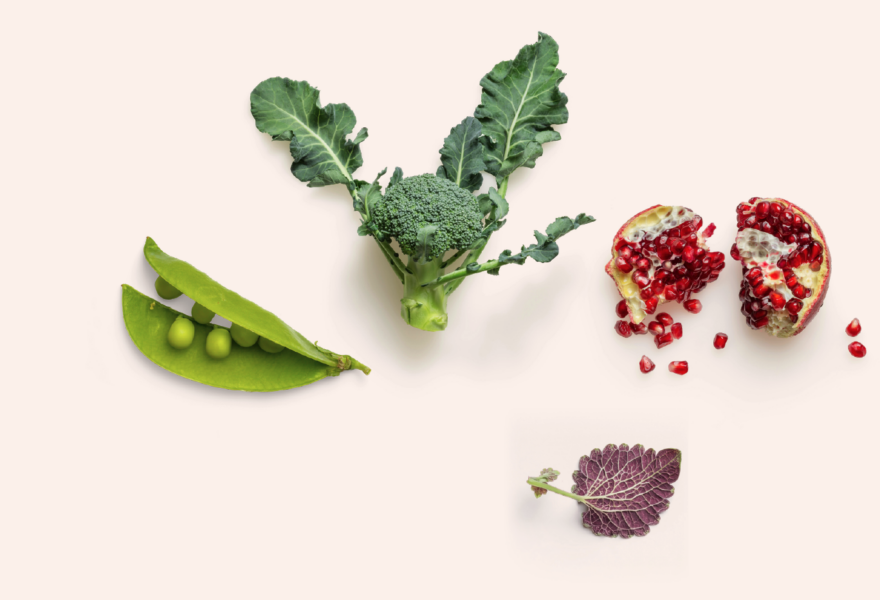BOSTON – May 30, 2024 – Quantis, a BCG company and leading global sustainability consultancy driving sustainable transformation to align businesses with planetary boundaries, today released its global food and beverage report, Recipe for Transformation. The report surveyed more than 600 professionals and C-level executives across multiple business functions in the food and beverage industry. Respondents work in large companies within retail, wholesale, consumer packaged goods, commodities and agriculture subsectors of the food and beverage industry.
76% of respondents reported some level of confidence in their sustainability roadmaps and ability to achieve environmental goals by 2030, but action plans are missing critical components for success. Portfolio redesign, regenerative agriculture and plant-based initiatives were cited as the lowest three priorities for the next year. Clear action plans are the second-most important success factor (38%), but they are lacking and 26% of respondents still view them as a challenge.
Other key findings included:
- The supply chain remains the top challenge: 42% of respondents cite its complexities as the largest barrier to success.
- Financial investment remains a barrier, departmental budgets reflect that: Cited as the second largest barrier to success, allocating funds remains a struggle – the average percentage of annual budget allocated to reducing environmental impact is just 12.54 across departments.
- Chief Sustainability Officers need more inter-departmental buy-in: Company commitment and culture set by leadership were the largest drivers of sustainable practices across departments, but the two biggest barriers to success (supply chain and budget allocation) sit largely outside their control.
- Packaging is priority: Most respondents have tools and budget in place to make packaging more sustainable, and 62% cited it as a top priority for the next year – this is a clear starting point across brands, but critical levers for scaling and implementing these efforts are missing.
- Consumers are ready – the industry just needs to deliver: Even in the current economic climate, 100% of marketing respondents have seen changes in consumer behavior regarding sustainable purchasing habits. More than half cite that their customers are more interested in sustainable products and willing to spend more to get them.
“Though food and beverage sector leaders are making progress, the path to alignment with planetary boundaries and resilience will require a shift from sustainability in a silo to sustainability embedded across business functions,” said Charlotte Bande, Global Food & Beverage Lead for Quantis. “Estimates show that food and beverage organizations could lose up to 26% of their value if they don’t act quickly, but much still stands in the way of doing so effectively and efficiently. Securing more budget and driving impactful transformation will require collaboration, both throughout departments internally and with strategic partners across the value chain.”



